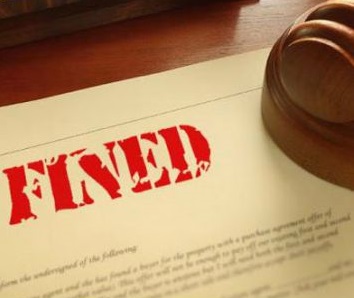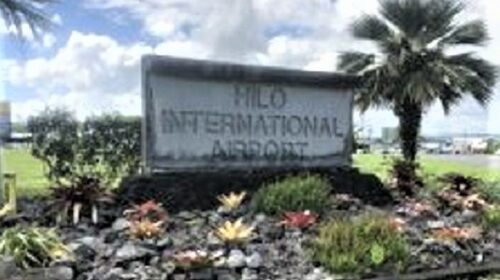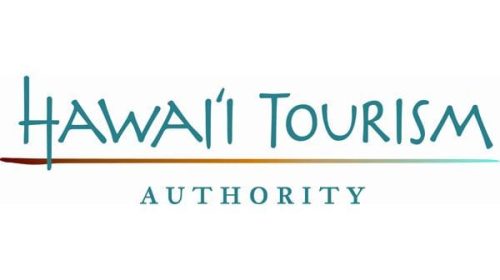Hardware Hawaii and Halona Pacific fined and forced to close cesspools to protect groundwater
The U.S. Environmental Protection Agency (EPA) has taken enforcement actions against Hale Kauai Limited and Halona Pacific LLC to close two illegal, pollution-causing large capacity cesspools on the islands of Kauai and Oahu. EPA will collect a total of $110,000 in fines. In 2005, EPA banned water polluting large capacity cesspools under the Safe Drinking Water Act.
“Companies like Hale Kauai and Halona Pacific must do their part to protect water resources from the disease-causing pathogens found in large cesspools,” said EPA Pacific Southwest Regional Administrator Martha Guzman. “EPA is committed to finding and closing all remaining large capacity cesspools in Hawaii.”
In August 2020, EPA requested information about wastewater disposal at the Hale Kauai property. In March 2021, EPA requested similar information at the Halona Pacific property. The agency determined that a single cesspool operating at each property met the federal criteria to qualify as an illegal large capacity cesspool by being able to serve 20 or more people in a day.
The Hale Kauai property operates as Hardware Hawaii, a neighborhood hardware store located in Kauai’s Koloa area. Under this enforcement action, Hale Kauai Limited will pay a $40,000 fine, backfill the illegal cesspool, and install a state-approved septic system by March 15, 2023.
The Halona Pacific industrial property operates as an environmental management and construction services subsidiary located in Oahu’s Campbell Industrial Park on the leeward coast. Under this enforcement action, Halona Pacific LLC will pay a $70,000 fine, backfill the illegal cesspool, and install a state-approved septic system by January 31, 2023.
Cesspools collect and release untreated raw sewage into the ground, where disease-causing pathogens and harmful chemicals can contaminate groundwater, streams, and the ocean. Since the 2005 federal ban, more than 3,600 large capacity cesspools in Hawaii have been closed; however, hundreds remain in operation.
Cesspools are used more widely in Hawaii than any other state, which poses a particular challenge as groundwater provides 95% of all local water supply for the islands. There are seven public drinking water wells in the Koloa area that risk contamination from cesspool discharge where the Hale Kauai property is located.
EPA is authorized to issue compliance orders and/or assess penalties to violators of the Safe Drinking Water Act’s cesspool regulations. However, to encourage regulated entities to voluntarily discover, promptly disclose, and expeditiously close these pollution-causing systems, EPA provides penalty mitigation and other incentives for companies that self-police, disclose, correct, and prevent violations.
Information on how to self-disclose potential large-capacity cesspool violations is available here.
For more information on the federal ban and definition of a large-capacity cesspool, please click here.
For more information on cesspools in Hawai’i, please click here.




